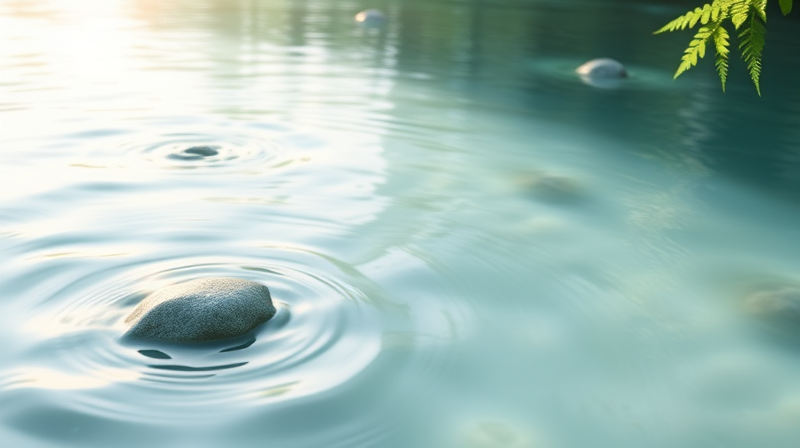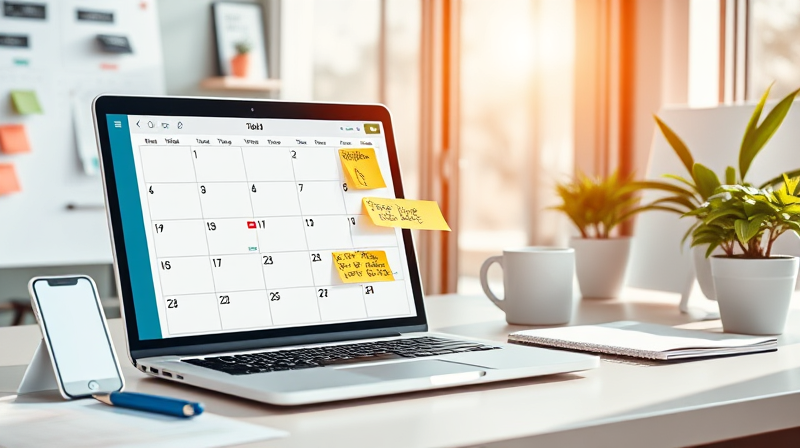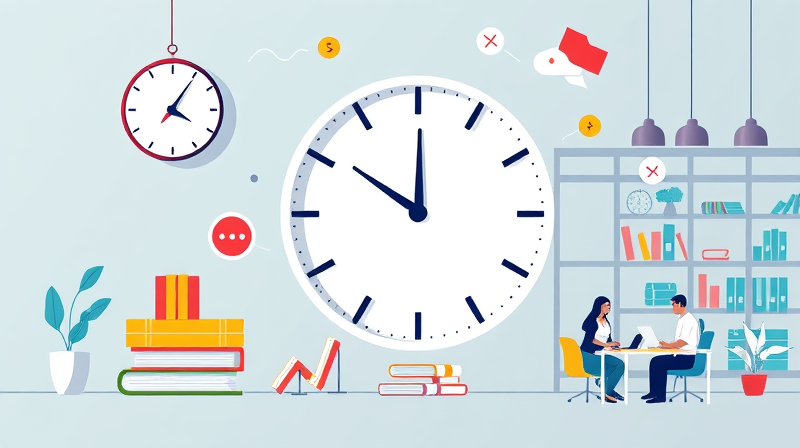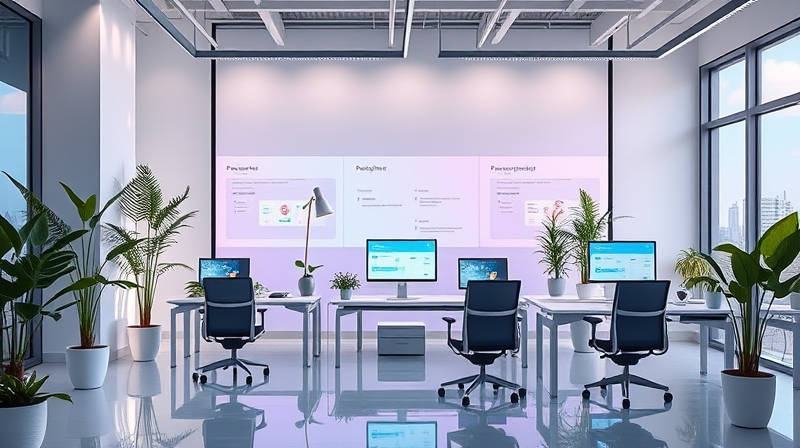In today’s fast-paced world, managing stress is more important than ever. Whether you feel overwhelmed by daily challenges or are simply looking for a way to improve your overall well-being, incorporating practical relaxation techniques into your routine can provide life-changing benefits. This guide introduces a variety of beginner-friendly methods designed to calm your mind, relax your body, and enhance your emotional balance.
Stress may seem like an unavoidable companion on your journey through life, but learning to manage it effectively can transform your day-to-day experiences. Implementing effective coping strategies is not just about escaping tension – it’s about creating a healthier, more resilient, and more vibrant version of yourself. With time and consistency, even small changes in technique can yield powerful results.
The Impact of Relaxation on Your Well-Being
Relaxation is more than a temporary escape from life’s demands. It supports mental clarity, physical health, and emotional stability. For instance, regular practice of deep breathing or meditation may help lower blood pressure, ease muscle tension, and even improve sleep quality. The act of unwinding is as essential as any healthy habit, providing a counterbalance to the stresses that accumulate over the day.
When you make relaxation a priority, you create opportunities to build a stronger connection between your mind and body. This link fosters awareness, enabling you to notice early signs of stress and address them before they escalate. Adopting these practices can empower you to take control of your mental health, leading to long-term benefits.
Relaxation Techniques to Get Started
There are many approaches to relaxation, each with its unique benefits. Consider integrating some of these methods into your daily habit, experimenting until you find the ones that resonate most with you:
- Deep Breathing: Practice diaphragmatic breathing like the 4-7-8 method or box breathing to help calm your nervous system and reduce anxiety.
- Progressive Muscle Relaxation: Tense and relax muscle groups gradually to ease physical tension and promote overall relaxation.
- Guided Visualization: Imagine serene and peaceful environments to shift focus away from stress and invite tranquility.
- Meditation and Mindfulness: Set aside a few minutes daily to focus on your breathing or the present moment, reducing overwhelming emotions and enhancing mental focus.
- Movement Practices: Engage in yoga, tai chi, or qigong to blend gentle movement with mental awareness, enhancing both physical flexibility and inner calm.
- Autogenic Training: Use self-directed affirmations to evoke a state of calm, reducing both mental and physical strain.
- Body Scan Meditation: Shift your attention across different parts of your body, noticing sensations without judgment to deepen your relaxation experience.
- Massage and Self-Massage: Consider regular massage sessions or learn self-massage techniques to relieve accumulated muscle tension and stimulate circulation.
By establishing a routine that incorporates these techniques, you not only relieve stress but also become better equipped to navigate life’s challenges.
Everyday Coping Strategies for a Balanced Life
While relaxation techniques offer immediate relief, adopting sustainable coping strategies can help manage stress in the long run. Building a healthy lifestyle, nurturing relationships, and setting personal boundaries are powerful methods in your stress management toolkit.
A healthy lifestyle forms the foundation of any stress reduction strategy. Engaging in regular physical activity, eating nourishing foods, and ensuring you get enough sleep all contribute to lowering stress levels. Simple habits such as taking a brisk walk or enjoying a home-cooked meal can make a significant difference in your overall well-being.
Social connections play a vital role in stress relief. Spending time with loved ones or joining community groups can create a network of support that helps buffer against stressful situations. Open conversations and collaborative problem-solving foster emotional resilience and provide practical support.
Simple acts such as practicing gratitude can shift your mindset toward positivity. Keeping a gratitude journal, or even mentally listing things you appreciate, reinforces a sense of fulfillment and counteracts negativity. Equally important is the ability to set boundaries. By learning to say "no," you can prioritize self-care and create valuable time for relaxation.
Moreover, consciously limiting exposure to negative influences—like excessive screen time, caffeine, or alcohol—can be transformative. Switch your focus to calming activities such as reading, meditating, or spending time in nature to create an environment where your mind and body can thrive.
Personalizing Your Relaxation Journey
Everyone’s path to relaxation is unique. It may take time to discover which techniques provide the most benefit. Experiment with different methods and observe the changes in your mood, physical health, and overall perspective. Whether it’s spending five minutes in deep breathing or attending a weekly yoga class, consistency is key to long-term success.
Remember that even modest, regular practices can lead to significant improvements over time. Be patient with yourself as you try out different techniques and fine-tune your personal stress management plan.
Recognizing the Need for Professional Support
While self-care is crucial, there are moments when stress can become overwhelming. If feelings of anxiety or depression persist, it might be time to seek professional help. Consulting a mental health professional can provide tailored strategies and supportive guidance to help navigate through more challenging periods.
By embracing both relaxation techniques and sustainable coping strategies, you set the stage for a balanced and fulfilling life. In each breath, each mindful moment, you open the door to inner peace—an achievement that not only enhances your quality of life but also enriches your day-to-day experiences.
Commit to your well-being by gently incorporating these practices into your daily routine, and watch as you transform the way you experience stress, ultimately leading to a more serene and joyful existence.








